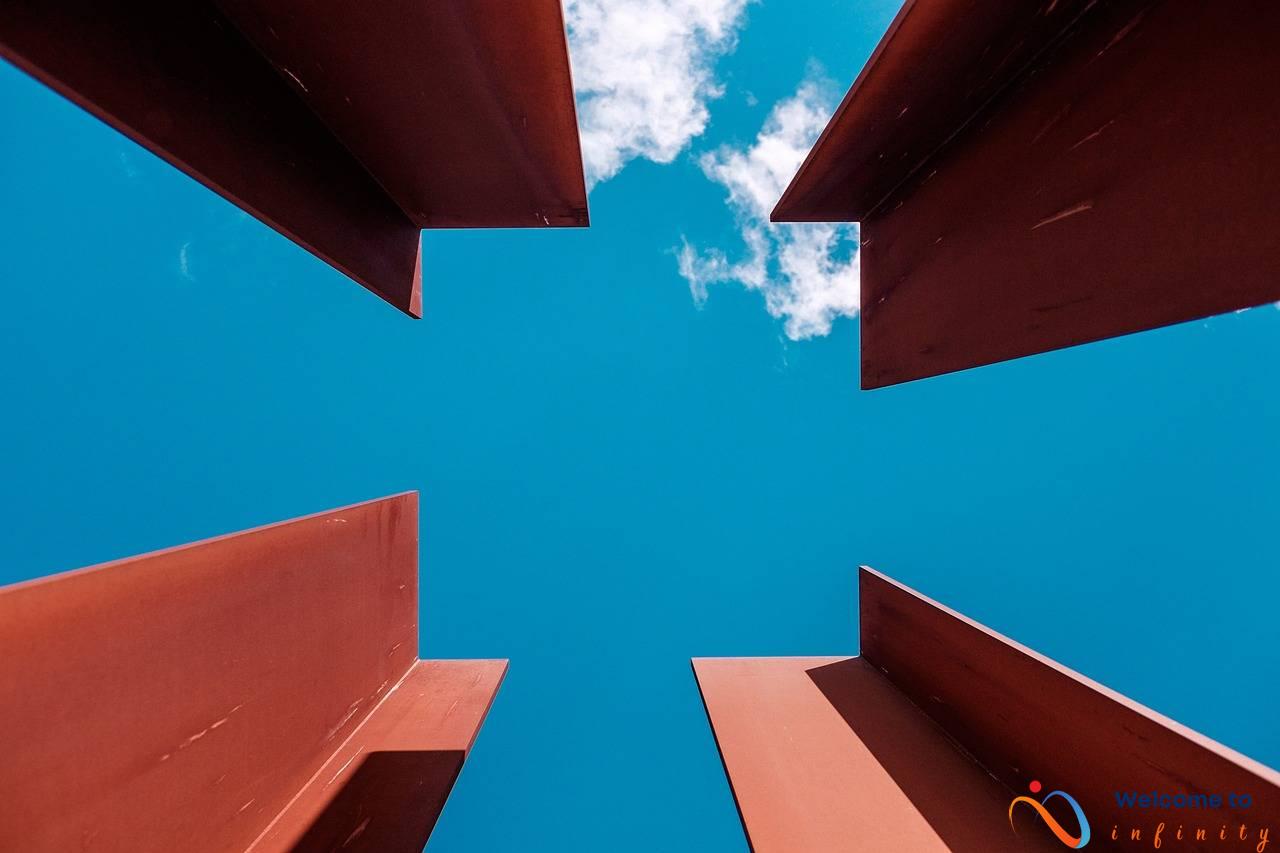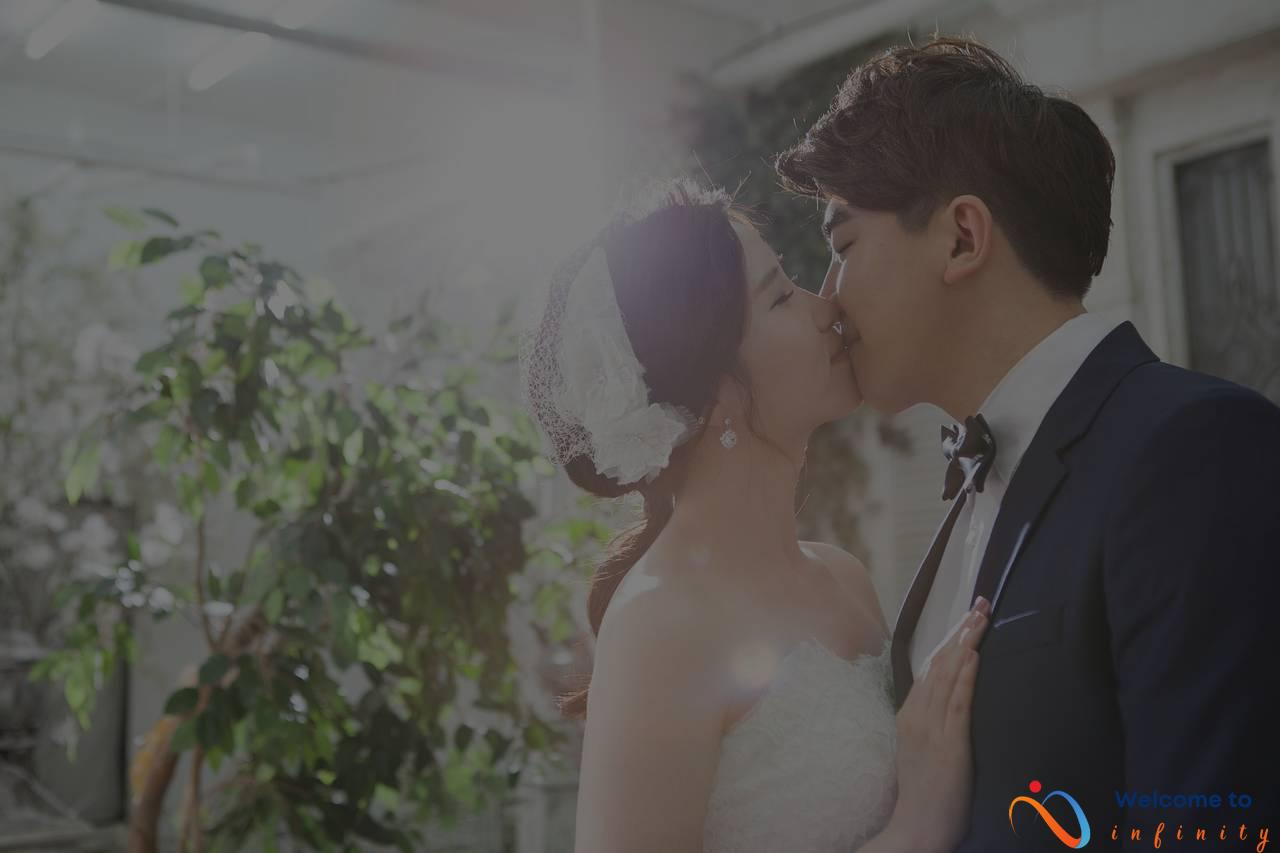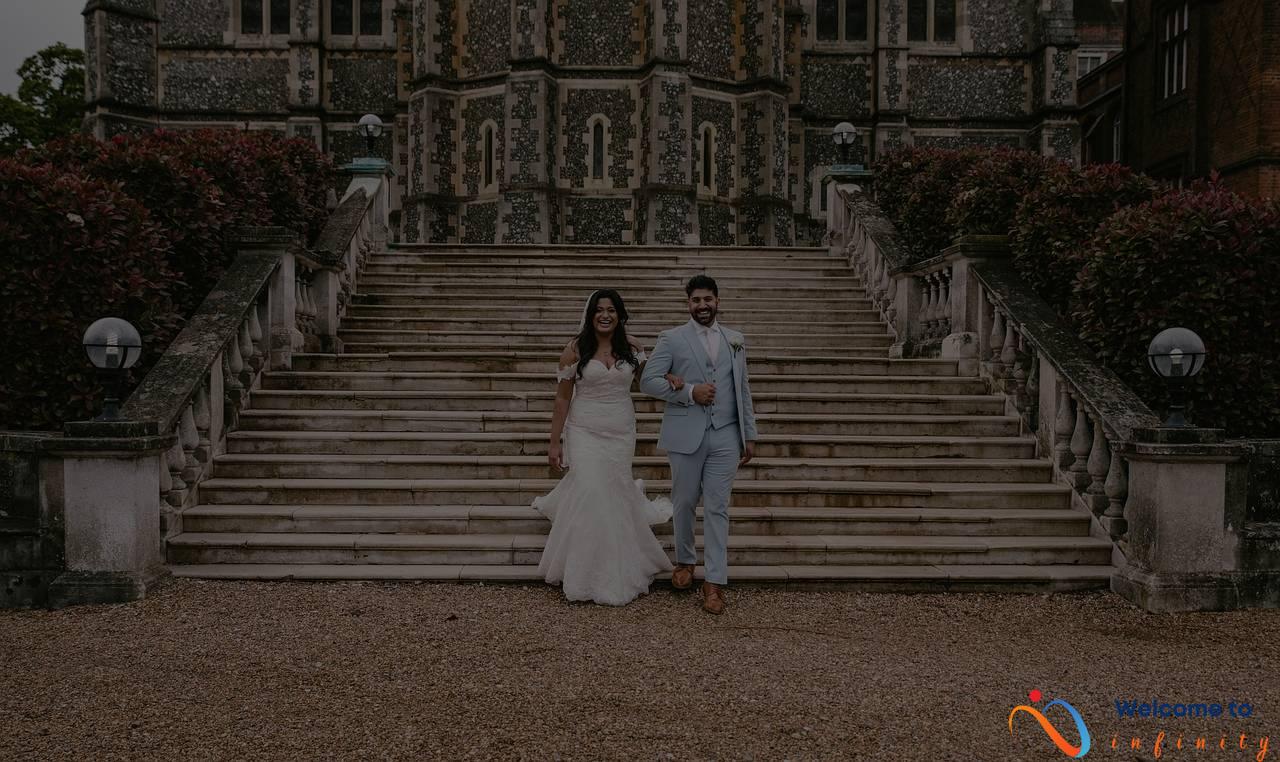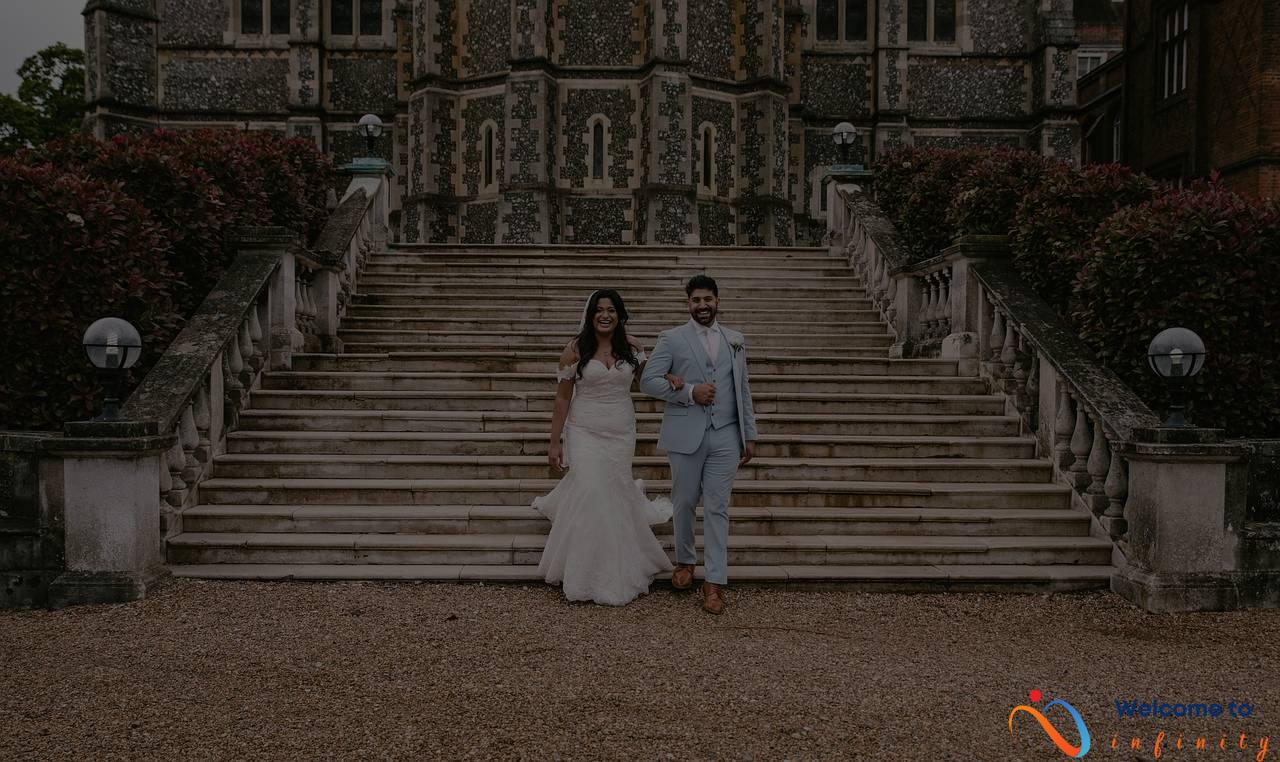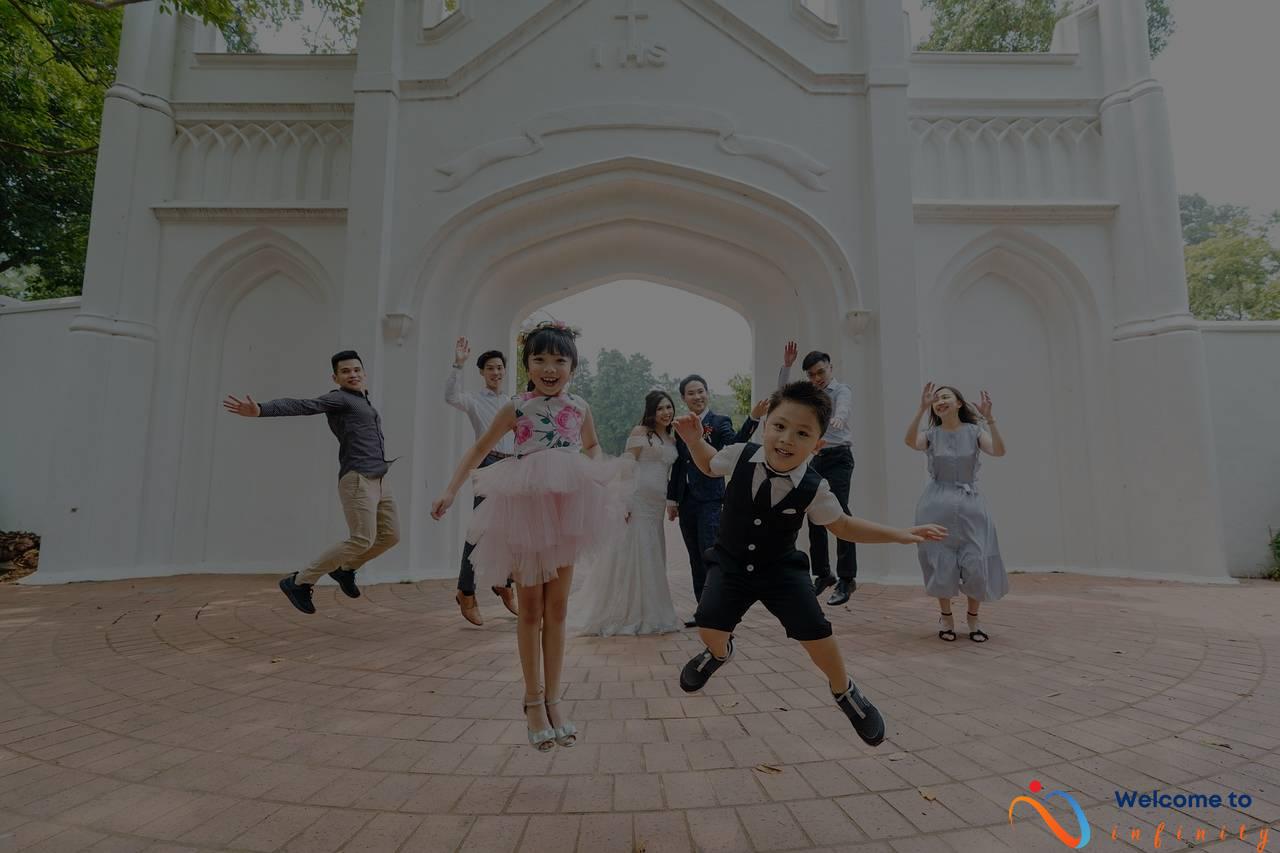If you and your partner come from different cultural backgrounds, you may want to incorporate both traditions into your wedding day. However, planning a multicultural wedding can come with its own set of challenges. To help you plan the perfect celebration, we've created the ultimate guide to planning a multicultural wedding!
First, it's crucial to understand the customs of both cultures involved in your wedding. This includes everything from the ceremony to the food. Consider hiring a wedding planner who has experience working with multicultural weddings to ensure that all aspects of your wedding represent both cultures.
When it comes to choosing a venue, look for one that can accommodate both cultures. This means finding a venue that can offer separate ceremony spaces and can provide both types of cuisine for your reception. A bilingual officiant or translator may also be helpful to ensure that all guests feel included during the ceremony.
Incorporating traditional attire into your wedding day can be a meaningful way to honor both cultures. Consider wearing traditional pieces during the ceremony or even changing into different outfits throughout the event. You can also incorporate aspects of both cultures in your wedding decor, such as colors or patterns that represent each culture.
Finally, communication is key when it comes to planning a multicultural wedding. Be sure to communicate with your guests ahead of time about what to expect at your wedding, including any dress code or customs that will be involved. Remember that your wedding is a celebration of the unity between two different cultures, so embrace the diversity and celebrate what makes both cultures unique!
Understand the Customs
Understanding the customs of both cultures is an essential step in planning a successful multicultural wedding. Customs encompass a wide range of traditions and practices, including pre-wedding rituals, ceremonies, and even the type of food served at the reception.
Take some time to research and learn about the customs and traditions of both cultures. This will help you understand how to incorporate them into your wedding in a way that honors both cultures. Consider creating a list or a table of all the customs you want to include in your wedding to ensure you don't overlook anything important.
It's also important to consider how these customs will be integrated into the ceremony and reception. For example, if one culture typically wears traditional attire during the ceremony, make sure you have access to appropriate attire and consider offering it as an option to guests. If certain customs require specific foods or decorations, make sure your caterer and venue can accommodate these needs.
By taking the time to understand and incorporate the customs of both cultures, you are showing respect and appreciation for both traditions. This will create a more meaningful and inclusive celebration for both families and all guests.
Choose a Venue That Can Accommodate Both Cultures
When planning a multicultural wedding, one of the most important decisions you will make is choosing the perfect venue. You want to select a location that can accommodate both cultures, while also providing the necessary space for separate ceremony areas and a combined reception area.
Start by researching locations that are known for hosting multicultural events. Some venues may specialize in offering multiple ceremonial spaces or customizable seating arrangements. Besides, consider a venue that can accommodate both types of cuisine for your reception- this can be done by working with a catering team that specializes in multicultural menus or by finding a venue that can offer two separate kitchen areas.
When comparing venues, keep in mind the guest list and try to choose a location that is easily accessible to everyone. If your guests are traveling from out of town, you may want to select a venue that has nearby accommodations or a transportation system.
Make sure to visit any potential venues in person and speak with the staff to address any questions or concerns before finalizing your decision. Remember that choosing a venue that can accommodate both cultures will ensure that your wedding celebrates both traditions equally.
Work with a Multicultural Caterer
Food is an essential part of any wedding. When it comes to a multicultural wedding, it's important to choose a caterer who can provide dishes from both cultures. A multicultural caterer is someone who understands and knows how to prepare traditional dishes from multiple cultures.
Planning a menu for a multicultural wedding can be overwhelming. A professional multicultural caterer can make this process easy and stress-free. They will work with you to create a diverse menu that represents both cultures, and your guests will love it.
Some caterers may have restrictions on their menu offerings, so it's important to find a caterer who is flexible and open to working with your ideas. You may want to consider a tasting session to ensure the flavors and quality of the dishes meet your expectations.
Another option to consider is having a fusion menu that combines elements of both cultures into one dish. This can be a fun and unique way to showcase the diversity of your wedding while also adding a modern twist to traditional dishes.
Remember to discuss any dietary restrictions or allergies with your caterer to ensure that everyone can enjoy the food. A professional multicultural caterer will be able to accommodate and provide options for all of your guests.
In conclusion, hiring a multicultural caterer is essential to ensure that both cultures are properly represented in the reception menu. Working with them to create a menu that features traditional dishes from both cultures will make your wedding even more special and memorable for everyone.
Incorporate Traditional Attire
Your wedding day is a celebration of love and it's important to honour both cultures equally. One way to do this is by incorporating traditional attire into your wedding attire. Wearing your traditional clothes during the ceremony can be a beautiful way to pay homage to your cultural roots. This could be a saree, lehenga, kurtas, or any other culturally significant outfit of your choice.
If you want to incorporate traditional attire into the reception as well, consider changing into different outfits throughout the event. This could be a fusion of both cultures or completely separate outfits. Either way, it can add a special touch to your wedding day and showcase the beauty of both cultures.
It's also worth considering the attire of your bridal party and family members. Encourage them to wear traditional attire, so they too can be a part of celebrating the unity of both cultures.
If you're struggling to decide on what traditional attire to incorporate or where to shop, ask for recommendations from family and friends. You can also check out local cultural stores or online boutiques that specialize in traditional attire.
Remember, your wedding day is a celebration of both cultures and incorporating traditional attire can be a great way to honour and respect your heritage. Make sure to take the time to choose the perfect outfits that reflect your unique cultures.
Have Fun with the Music
If you want to ensure your multicultural wedding is a celebration of both cultures, having fun with the music is a must. Music is inarguably a universal language and one of the most effective ways to bring people of different cultures together and get them on the dance floor.
But how do you find the perfect music to reflect both cultures? The answer is simple: hire a DJ or band that specializes in blending music from both cultures. It's essential to choose someone who has experience catering to multicultural weddings and can provide a seamless musical experience that resonates with all guests.
Before booking a DJ or band, discuss your music preferences with them in advance, so they have a clear understanding of what you're looking for. Share some of your favorite tunes from both cultures, and let them work their magic. The right DJ or band can create a playlist that seamlessly blends both types of music, ensuring that everyone, regardless of their background, has a wonderful time.
For a more personalized touch, you can even consider hiring live musicians or incorporating cultural instruments into the performance. This can add a unique charm to your multicultural wedding and delight your guests with a beautiful melody.
Remember, music is an essential ingredient in any wedding celebration, and it's no different when it comes to multicultural weddings. By hiring a DJ or band that specializes in blending both cultures' music, you can ensure that your guests will have a wonderful time and will remember your wedding for years to come.
Find a Bilingual MC
If you have guests who speak different languages, considering hiring a bilingual MC. They play a crucial role in making sure that all guests feel welcome and informed throughout the event. A bilingual MC can provide translation services and help guests understand any customs or traditions that may be unfamiliar to them.
The bilingual MC will also work to bring guests from both cultures together. They can introduce both sets of families and the bridal party in a way that everyone can understand. A bilingual MC can also help with announcements and keep the night flowing smoothly.
When hiring a bilingual MC, make sure that they are comfortable with both cultures and can speak both languages fluently. Look at their experience, ask for references, and talk to them about your expectations for the event. Having a bilingual MC is a great way to ensure all guests feel included and informed throughout the night.
Communicate with Guests Ahead of Time
One of the key things to consider when planning a multicultural wedding is making sure that your guests are aware of what to expect. This means communicating in advance about any dress code requirements or customs that will be involved in the ceremony or reception.
Consider sending out invitations well in advance with a clear dress code expectation, such as “traditional dress encouraged” or “formal attire.” You can also include information about any cultural-specific customs that will be involved in the ceremony or reception, such as a traditional tea ceremony or a henna party.
Additionally, consider including a small booklet or information sheet in your invitation with a brief overview of each culture's customs and traditions. This can help educate guests who may not be familiar with either culture and ensure that everyone feels included and welcomed at your wedding.
Finally, don't be afraid to reach out to guests individually to answer any questions they may have or to provide more information about the customs and traditions involved. The more informed your guests are, the more they can fully appreciate and enjoy the unique celebration of both cultures.
Celebrate the Unity of Both Cultures
When you're planning a multicultural wedding, it's important to remember that the day is about more than just the union of two people. It's a celebration of the unity between two cultures and should be approached as such.
One great way to celebrate the unity of both cultures is by incorporating traditions and customs from both sides. For example, you could have a fusion ceremony that blends the customs of both cultures or include traditional music and dances from both cultures in the reception.
You can also incorporate unique decor elements that represent both cultures such as incorporating traditional fabrics or colors in your wedding decor. By embracing the diversity of both cultures, you're creating a wedding that truly represents the unity between the two of you.
Another way to celebrate the unity of both cultures is by offering a fusion menu that combines traditional dishes from both cultures. This can be a great way to introduce guests to foods they may never have tried before, while also paying tribute to the cultures that are important to you.
Ultimately, the key to celebrating the unity of both cultures is to approach your wedding planning with an open mind and an appreciation for different customs and traditions. When you embrace the uniqueness of both cultures, you're creating a wedding that truly represents the coming together of two families.



